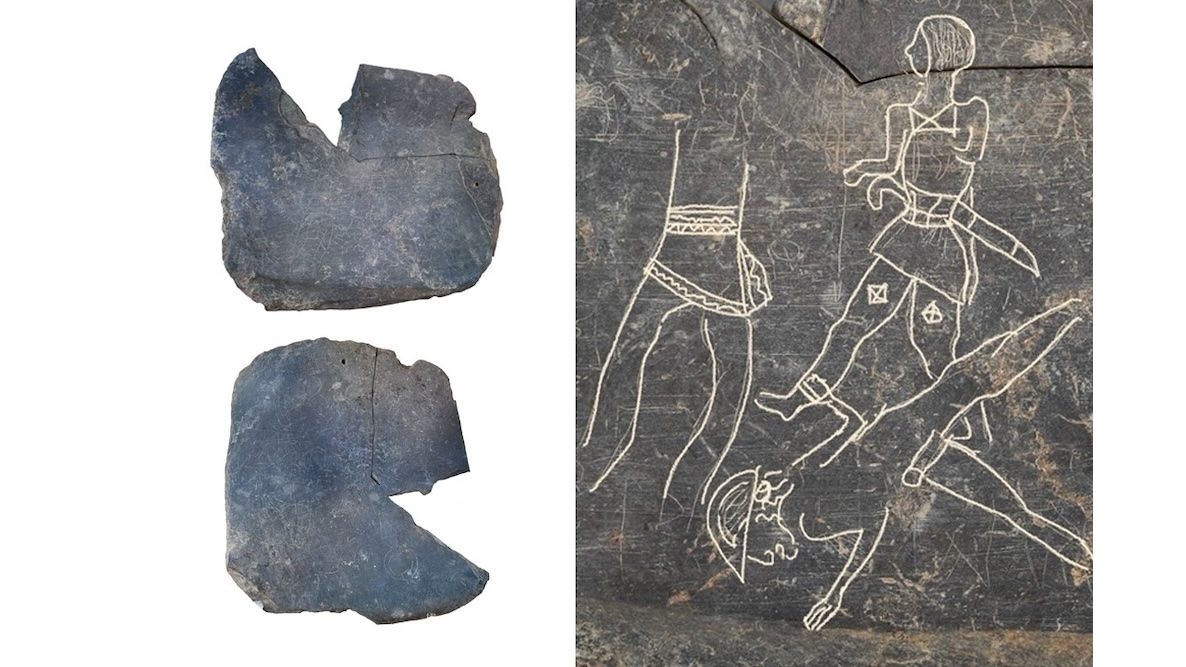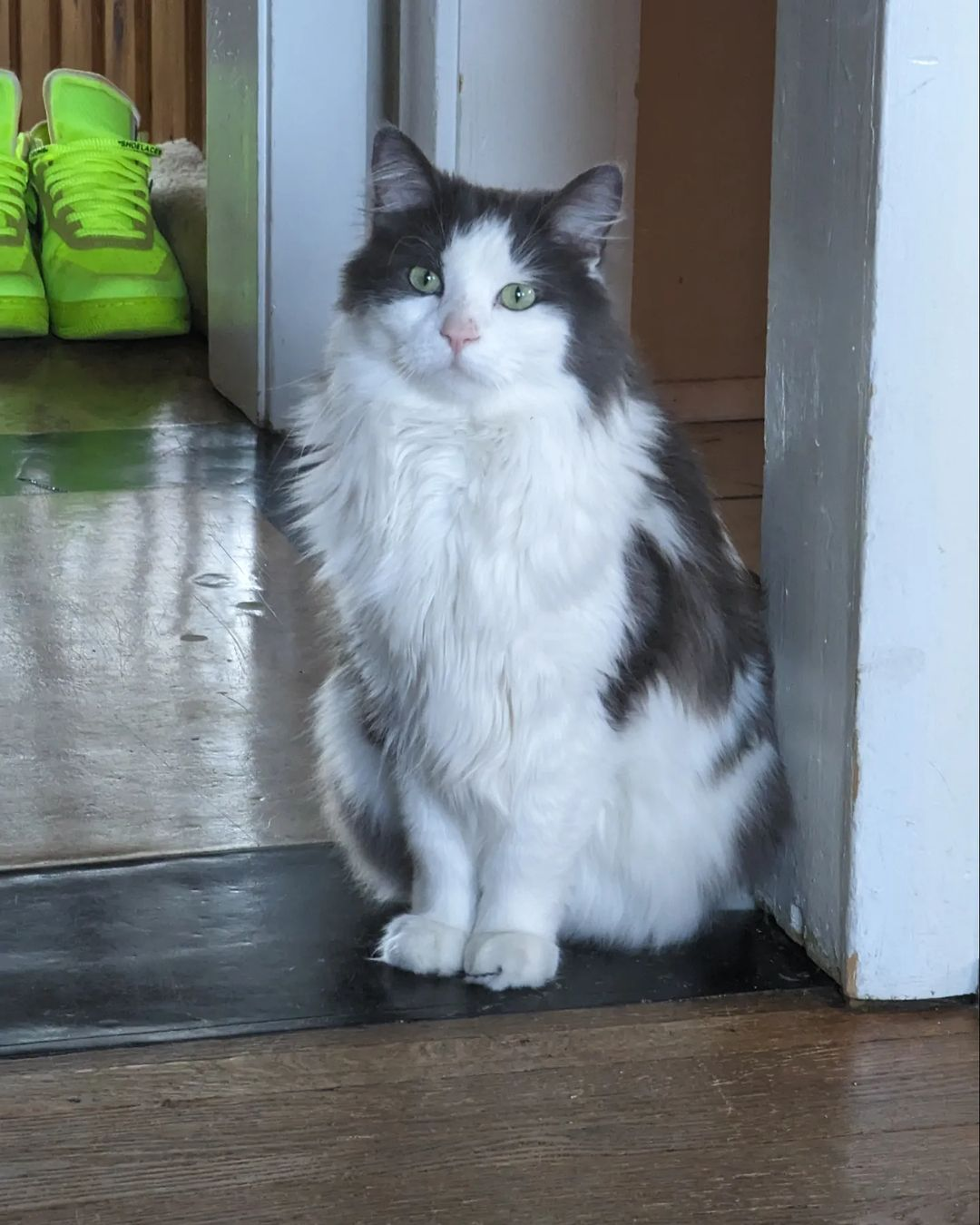

How did you post this comment? // Were you using an app?
Please refer to the context when interpreting what others say dammit. Your questions stink “ackshyually lol lmao” from a distance.
The OP is talking about sneakers unnecessarily requiring an “app”; in this context, Farts’ “anything” should be interpreted as “physical goods” (like sneakers), not “internet services that may be accessed through a browser or specialised software” (like Lemmy).



























Yeah, nah. This only throws more complexity under the rug.
Among other stuff, whatever is booting your computer needs to 1) find the kernels that you have, 2) find any other OS that you might have, and 3) allow the user to pick one of those. You can either use a specific tool for that (bootloader) or dump those roles into the kernel, but you can’t get rid of them without breaking a lot of stuff.
Regardless of the above, the owner of a device should be able to turn secure boot off; devices not allowing so are broken by design, to prevent your full ownership over it.
Part of the complexity is intrinsic, as explained. And if you’re concerned about the additional complexity from the implementation, the solution is a different bootloader, not ditching the concept altogether.
I stopped watching the video at 8:22, as she was talking about bugs.
The simpler solution is to simply pour more development into GRUB2, not to throw the problem into the kernel devs’ hands, as if it was some sort of hot potato.